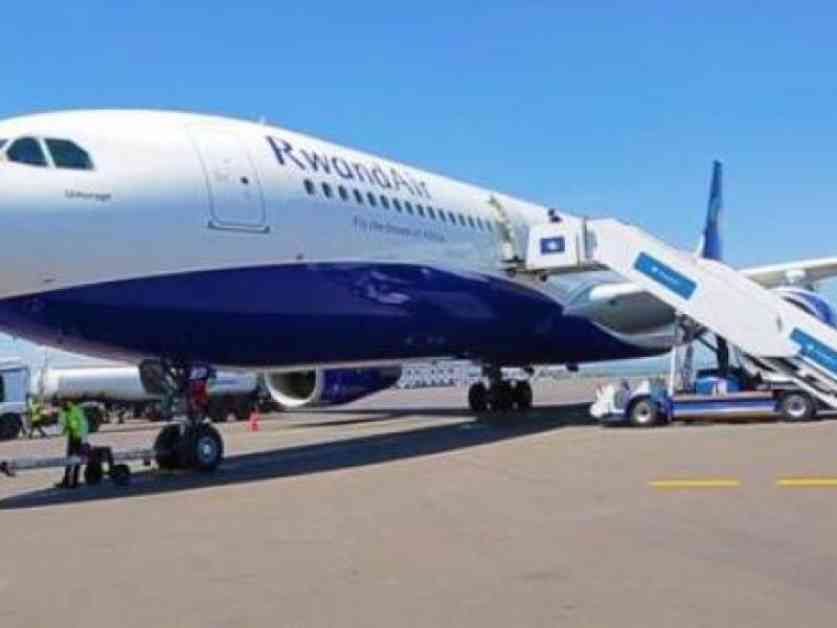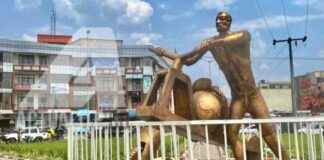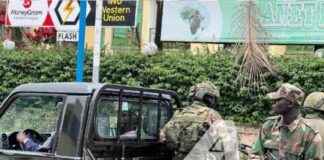Kinshasa, the capital city of the Democratic Republic of Congo, has recently made a bold decision to ban all Rwandan aircraft from flying over its territory. This move comes in the midst of an ongoing conflict that has resulted in the tragic deaths of at least 3,000 people in the city of Goma over a span of four days. The decision was announced by the Congolese News Agency (ACP) on Tuesday, following a directive from the Congolese aviation authorities.
The ban specifically targets all civil and state aircraft registered in Rwanda or based in the country, citing the current insecurity due to the armed conflict as the primary reason. This internal note from the Congolese authorities highlights the severity of the situation and the need to prioritize the safety and security of the Congolese people.
Escalating Tensions and International Response
The tensions between Kinshasa and Kigali have been escalating, with the Central African Economic Community (CEEAC) condemning the activities of the M23 armed group, which is allegedly supported by Rwanda. The CEEAC has called for an immediate halt to the group’s offensives and the withdrawal of occupied territories in the North Kivu region.
On the diplomatic front, efforts have been made to find a peaceful resolution to the security crisis in eastern DRC. President of the European Council, António Costa, revealed that discussions have taken place with Presidents Félix Tshisekedi and Paul Kagame in an attempt to address the ongoing conflict. Additionally, South Africa has reiterated its support for the DRC, despite criticisms from the Rwandan president regarding the interpretation of the conflict.
Regional Dynamics and Mediation Efforts
In a show of regional solidarity, the DRC rejected an offer of mediation from Turkey on January 25, opting instead for African-led solutions to resolve the crisis. This stance underscores the importance of regional cooperation in addressing complex geopolitical challenges and conflicts in Africa.
The ban on Rwandan aircraft flying over Congolese territory is a stark reminder of the fragile nature of peace and security in the region. As neighboring countries grapple with political tensions and armed conflict, the need for diplomatic dialogue and cooperation becomes increasingly vital to prevent further escalation and loss of life. The international community must continue to engage with all parties involved to facilitate a peaceful resolution and ensure the safety and well-being of the affected populations.
The situation in the Democratic Republic of Congo serves as a poignant reminder of the interconnectedness of global politics and the impact of regional conflicts on civilian populations. As the Congolese government takes decisive measures to protect its citizens, the international community must stand in solidarity with the people of the DRC and work towards sustainable peace and stability in the region. Only through concerted efforts and collective action can lasting solutions be achieved to prevent further tragedies and foster a brighter future for all.

















